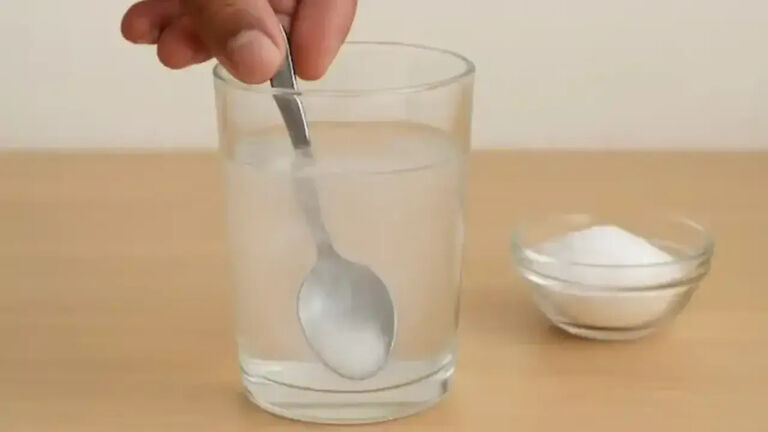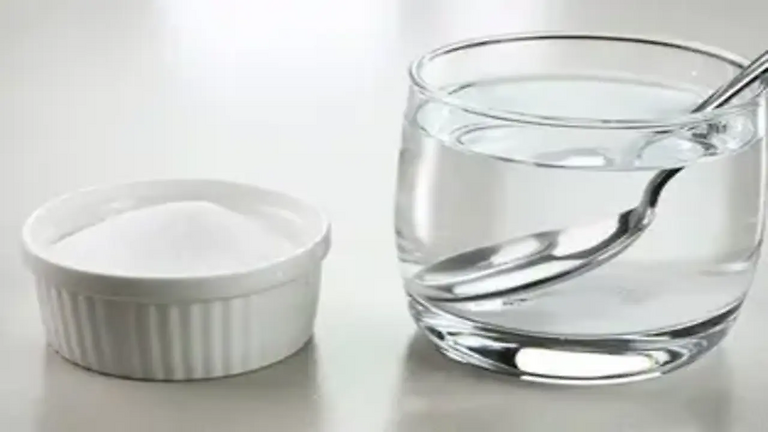 English
English

Can branded drinks pretending to be ORS put children’s lives at risk? A Hyderabad paediatrician’s relentless 8-year campaign has finally led FSSAI to ban fake ORS-labelled beverages and close a loophole that endangered millions of children.

FSSAI bans misuse of "ORS" branding on drinks not meeting medical standards.
Hyderabad: In a landmark regulatory move, the Food Safety and Standards Authority of India (FSSAI) has banned the use of the term “ORS” in the branding of drinks that do not adhere to medical standards of oral rehydration solutions. The decision comes after a tireless 8-year campaign by Dr Sivaranjini Santhosh, a Hyderabad-based paediatrician, who exposed the dangers of these deceptively marketed beverages.
Dr Santhosh began sounding the alarm after witnessing multiple cases of children suffering from severe dehydration and diarrhoea, even after consuming products sold as ORS. These drinks, widely available in tetra packs, often contained excessive sugar and incorrect electrolyte balances, far removed from the WHO-recommended ORS composition. “Even if a label says ‘not ORS’, the branding still confuses parents. They believe it's safe. But these drinks can worsen dehydration,” Dr Santhosh told media outlets.
The result? Children consuming these “repair solutions” ended up in worse health, requiring emergency care—and in some instances, facing life-threatening complications.
A true oral rehydration solution contains precise proportions of glucose, sodium chloride, and potassium chloride—a formula designed to help the body quickly absorb fluids and reverse dehydration.
In contrast, sugar-heavy beverages can have the opposite effect. “Any excess sugar pulls water back into the gut,” explains Dr Santhosh. “This worsens diarrhoea, putting a child’s life at risk.”
This scientific disconnect between branding and content was at the heart of Dr Santhosh’s fight.
Addition of protein binders and emulsifiers is not permitted in milk and milk products: FSSAI
Taking on beverage giants like Johnson & Johnson and Dr Reddy’s, Dr Santhosh faced legal and social pushback. “I was isolated. Some colleagues mocked me, and even my family questioned whether it was worth it,” she said.
Despite the challenges, she submitted reports, pursued legal channels, and consistently raised the issue with state and central health authorities.

True ORS requires a precise mix of glucose, sodium, and potassium.
In October 2025, the FSSAI issued a definitive order: any use of the term “ORS” in beverage branding is now illegal unless the product meets the strict medical criteria. The directive applies immediately and mandates that all falsely labelled drinks be pulled from shelves.
This ban represents a major regulatory correction and aims to prevent further misuse of a medically critical term.
Globally, diarrhoea remains one of the leading causes of death in children under five, accounting for 13% of under-five mortality in India. Proper ORS administration is a simple, proven solution that has saved millions of lives.
By allowing misleading products to mimic ORS branding, authorities and brands were unintentionally undermining this life-saving tool. With the new ban, FSSAI has reaffirmed its commitment to child health.
Dr Santhosh urges parents to be cautious: “If your child has diarrhoea, give only WHO-approved ORS or the one recommended by a doctor. Don’t fall for flashy packaging or misleading labels.”
No related posts found.